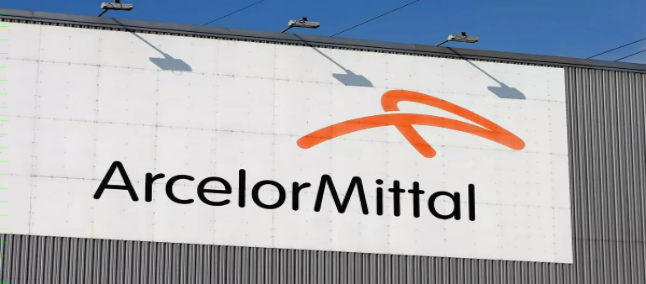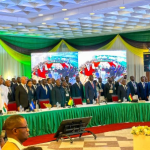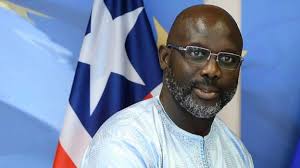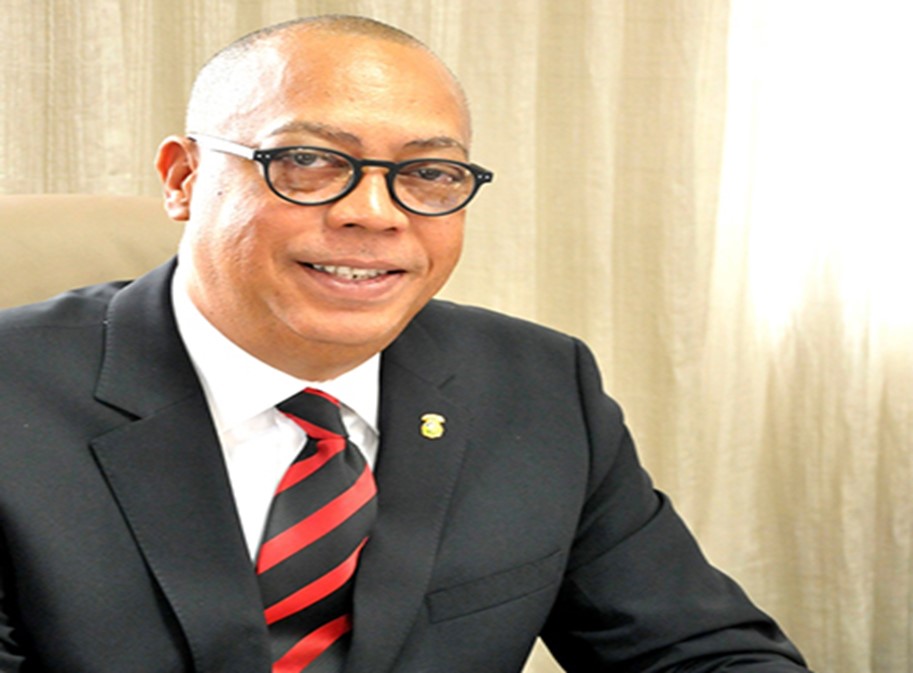ArcelorMittal Liberia (AML) is urging the Government of Liberia (GoL) to do a comprehensive amendment to its mineral development agreement (MDA).
Though still before the National Legislature for approval, the amendment outlines an intricate multiuser arrangement for the nation’s rail and port infrastructure.
Having maintained ownership of these critical assets since 2007, the proposed amendment seeks to delineate explicit rights for the GoL concerning the utilization of the infrastructure corridor.
As stated in the agreed terms and conditions with the Executive in the AML 3RD Mineral Development Agreement, this strategic move not only solidifies the government’s control but also empowers it to dictate which entities, including Guinean miners, can leverage Liberia’s infrastructure for their exports.
Crucially, under the terms of the agreement, additional users are required to make substantial investments to enhance the capacity of both the rail and port facilities to accommodate their specific needs.
Operating on a cost basis with a zero-profit approach, the rail can be managed by AML (ArcelorMittal Liberia), and all users will be subject to paying a transit fee exclusively to the Government of Liberia (GOL), and not AML.
This ambitious initiative aims to optimize the utilization of Liberia’s rail and port infrastructure, fostering economic growth while ensuring equitable benefits for both the government and external entities.
The proposed amendment to the AML MDA heralds substantial economic benefits for Liberia, particularly in the realm of transportation of goods and services.
The intricate multiuser arrangement if passed by the Legislature is poised to catalyze an upswing in trade between Liberia and Guinea, unlocking new avenues for economic growth.
With the enhanced capacity of the rail and port infrastructure, the seamless movement of goods will not only facilitate efficient trade but also contribute to the economic development of both nations.
One of the pivotal advantages of this initiative is the positive impact on employment.
The expansion and optimization of the rail and port facilities are expected to generate a surge in job opportunities, providing a substantial boost to the local workforce.
This, in turn, will contribute to the overall empowerment of communities situated along the rail corridor, with counties like Grand Bassa, Bong, and Nimba being significant beneficiaries.
As employment opportunities do proliferate under this port and rail multiuser arrangement, these regions stand to witness a palpable improvement in living standards and economic prosperity.
The newfound economic vitality is not confined to employment alone; it extends to the empowerment of local economies in the aforementioned counties.
The strategic placement of the rail infrastructure in these regions ensures that the economic benefits are decentralized, and can help foster growth and sustainability in areas that host the rail facilities.
Local businesses and enterprises are poised to thrive as they become integral components of the supply chain, capitalizing on the increased trade activities facilitated by the expanded rail and port capabilities.
Moreover, the multiplier effect of heightened economic activity will be palpable, with businesses in Grand Bassa, Bong, and Nimba experiencing increased demand for goods and services.
This virtuous cycle is anticipated to create a self-sustaining economic ecosystem, wherein the prosperity of one sector cascades into the success of others.
Consequently, these countries are positioned to emerge as economic hubs, playing pivotal roles in the broader economic landscape of Liberia.
In the realm of international trade, the strengthened demand for the use of Liberia’s infrastructure by external entities, such as Guinean miners, is poised to elevate the nation’s standing in the global marketplace.
As trade flourishes, Liberia’s economic integration with neighboring countries will deepen, fostering regional cooperation and solidifying its role as a key player in West African commerce.
The synergy between Liberia and Guinea, facilitated by the optimized rail and port infrastructure, will be expected to create a mutually beneficial trade corridor that enhances the economic resilience of both nations.
To conclude, the 3rd amendment to the MDA emerges as a catalyst for transformative economic benefits for Liberia, from bolstering international trade to fostering employment, empowering local communities, and invigorating the economies of key counties, an initiative that has the ability stage for a new era of economic prosperity and sustainable development.







